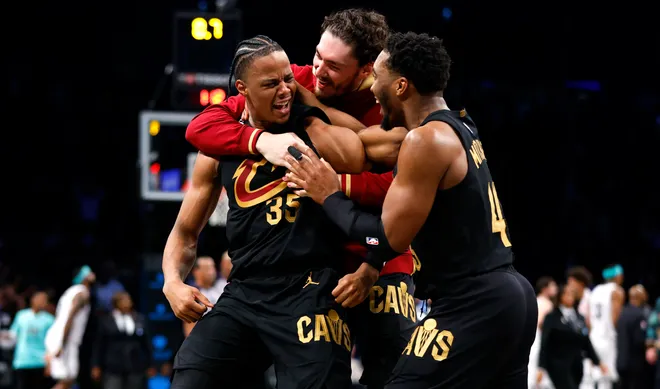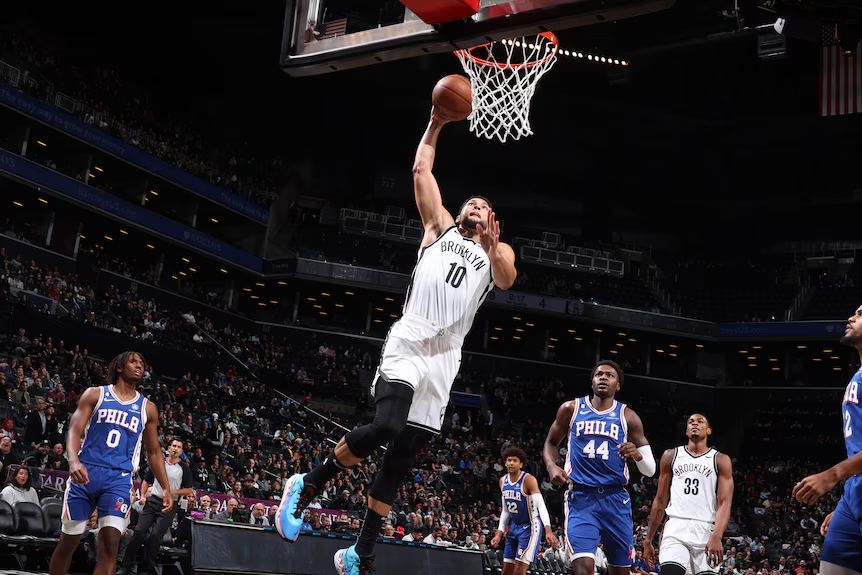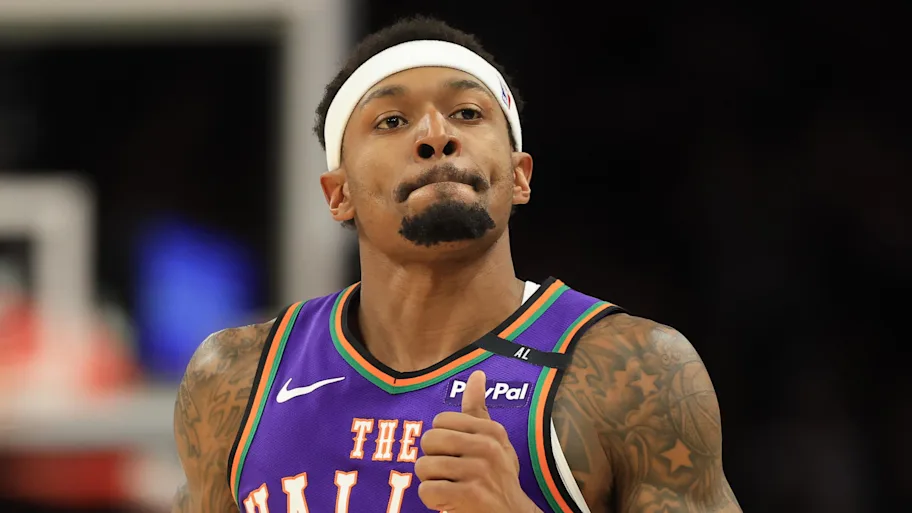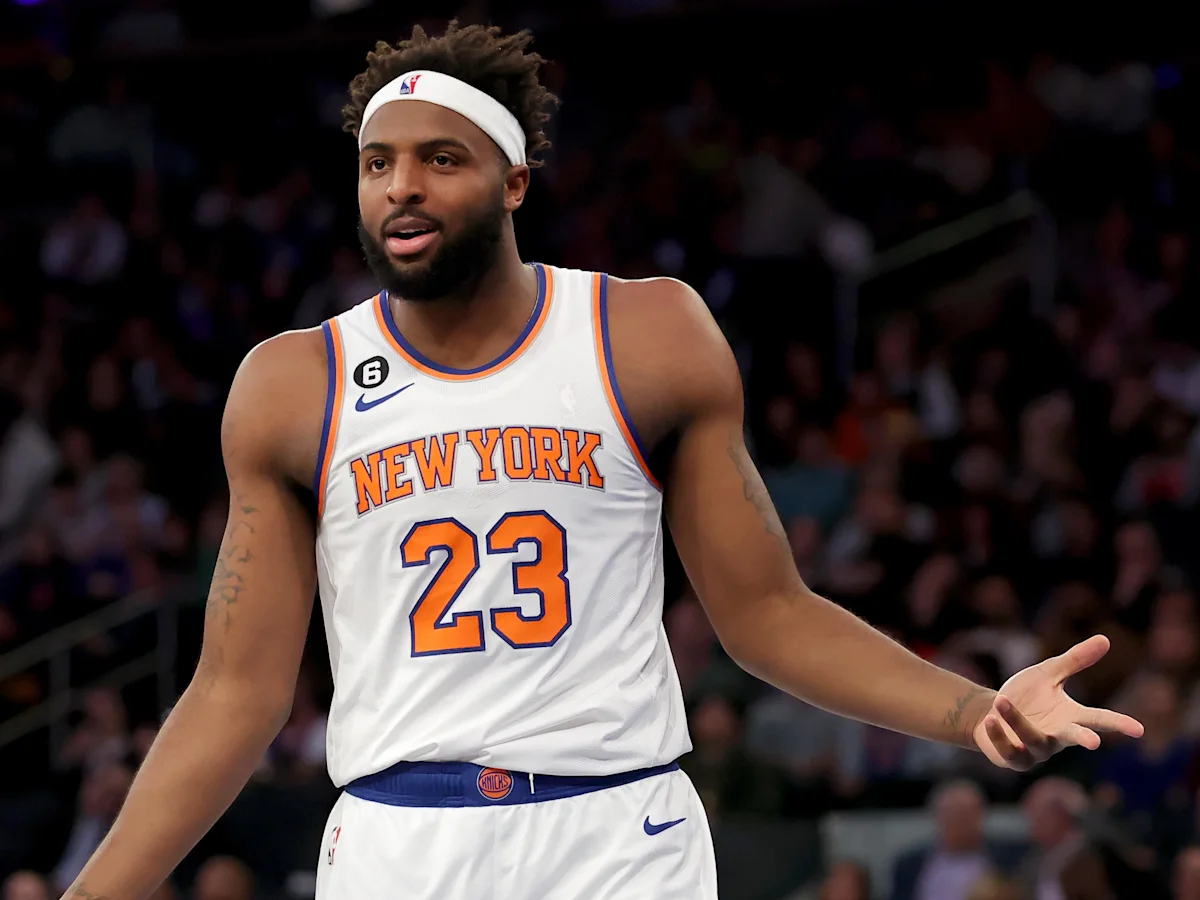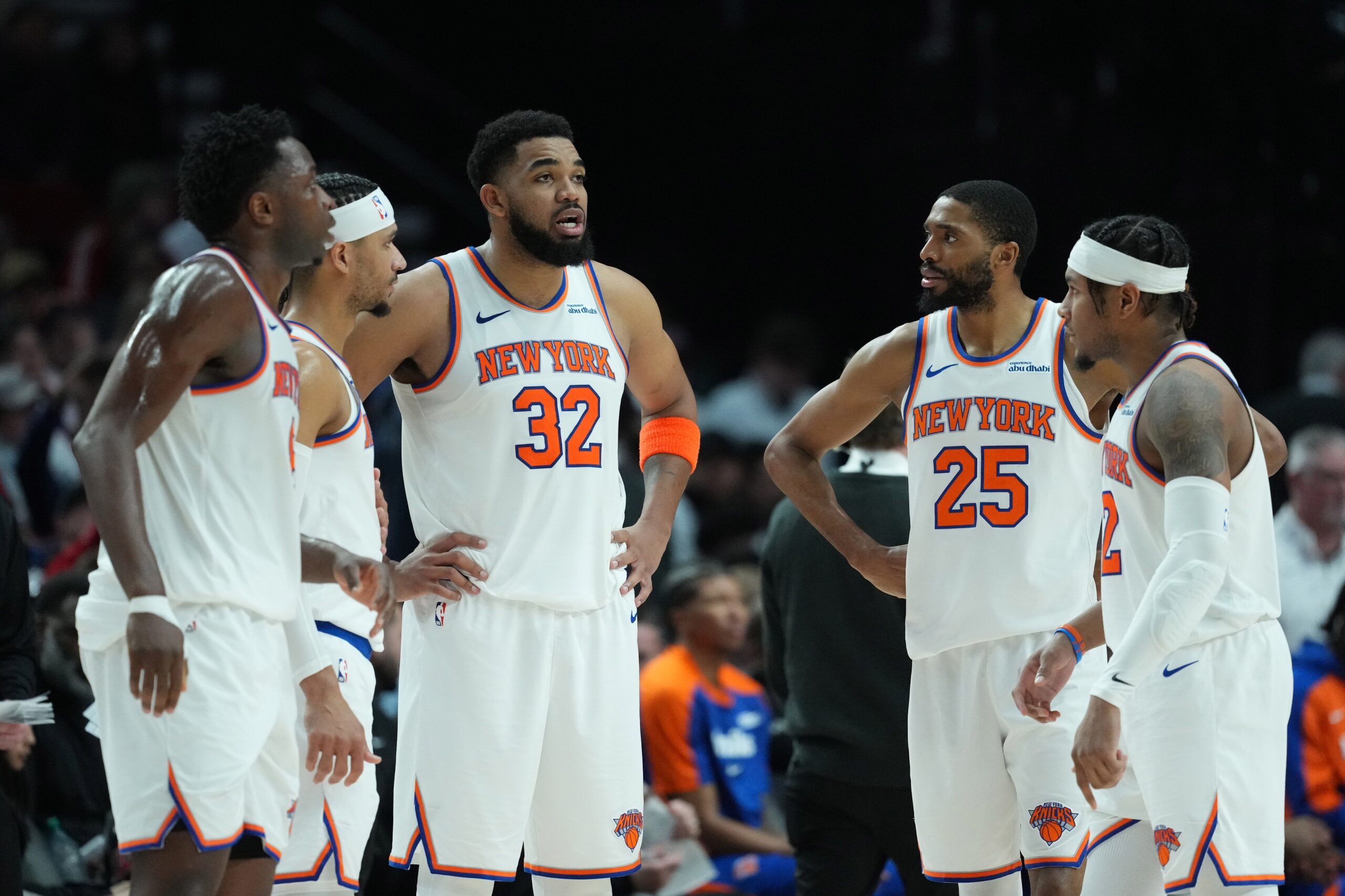The Cleveland Cavaliers have made NBA history by becoming the first team to use the “delayed stretch” provision to pay former player Ricky Rubio. This new mechanism, introduced under the latest Collective Bargaining Agreement, allows teams to stretch the salary owed to a waived player over a longer period. The Cavs and Rubio mutually agreed to terminate his contract in early 2024.
### Rubio’s Journey with the Cavaliers
Rubio became a fan favorite during the 2021-22 season, playing 34 games before suffering an ACL tear in late 2021. Despite his injury, Rubio posted a career-high 13.1 points per game, along with 6.6 assists, 4.1 rebounds, and 1.4 steals, helping the Cavaliers emerge as playoff contenders. Rubio was traded to the Indiana Pacers during his injury as part of a deal for Caris LeVert but re-signed with Cleveland in 2022 on a three-year, $18.4 million deal. After returning in early 2023, he struggled to regain his pre-injury form.
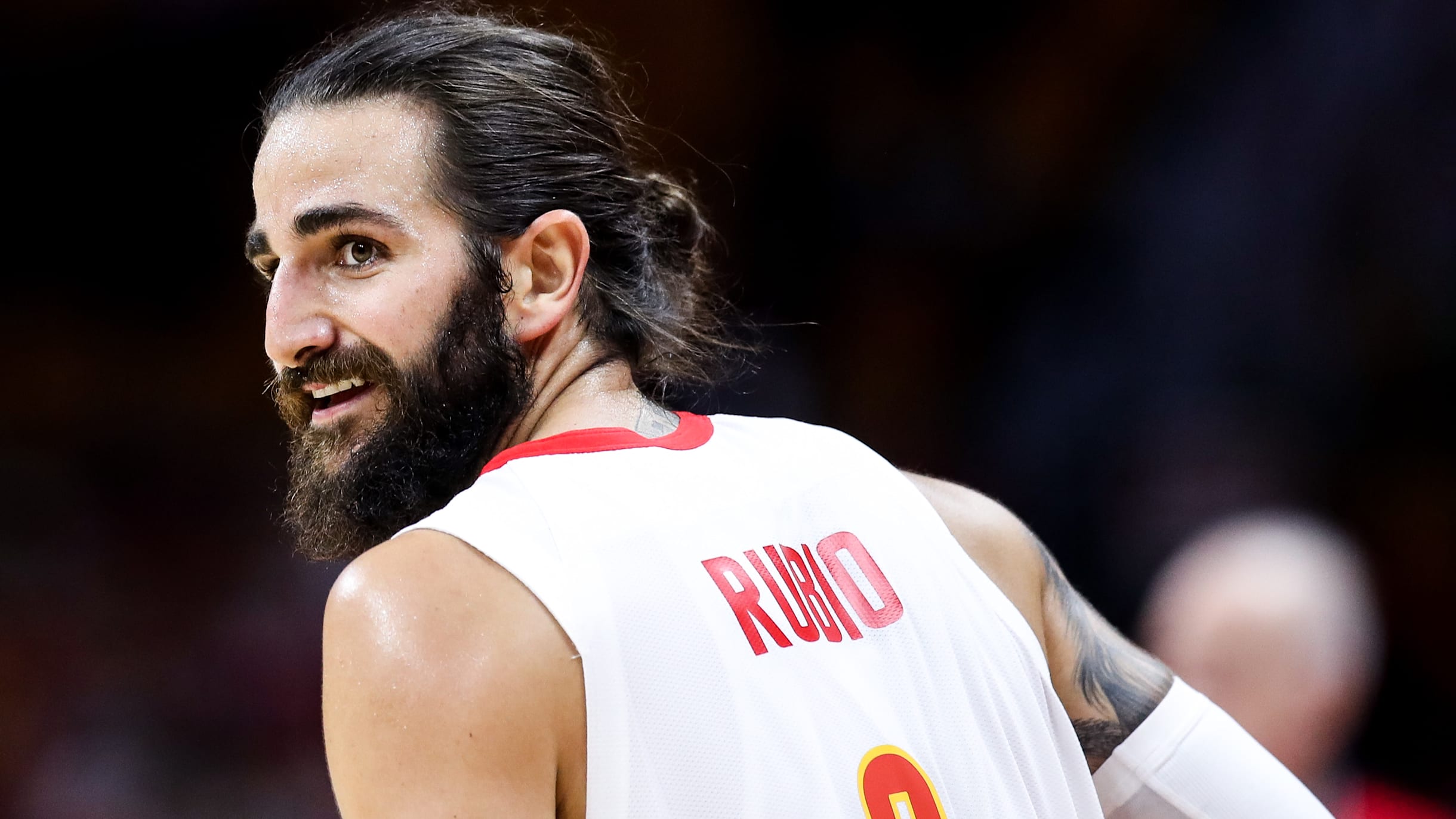
In August 2023, Rubio took a mental health leave, which led to a contract buyout agreement. Reflecting on his struggles, Rubio shared that his mental health had been deteriorating over time, adding that his final injury wasn’t the only reason for his decision to step away from the game. Rubio has since returned to Spain to play for Barcelona.
The NBA got the first "delayed stretch" of a waived player. Under the new CBA, a team can elect to stretch dead money on their books.
The Cleveland Cavaliers took the ~$1.3M in dead money for Ricky Rubio and turned it into three years of dead money at ~$425K per season.
Cavs…
— Keith Smith (@KeithSmithNBA) September 3, 2024
### Cavs Innovate with Contract Move
The Cavaliers’ decision to defer Rubio’s contract spreads his remaining $1.3 million over three years, turning it into $425,000 in “dead money” annually until 2027. This approach provides the Cavs with financial flexibility, saving them money each year. Currently, the team is approximately $1.2 million over the luxury tax threshold but could be $10.6 million below it if Isaac Okoro’s qualifying offer is excluded.
Cleveland is the first team to utilize this new salary structure, which appears designed to help teams manage short-term financial obligations. The Cavs, led by general manager Koby Altman, hope this strategy will offer them some monetary relief as they enter the 2024-25 season with 13 rostered players and two open standard contract spots.






